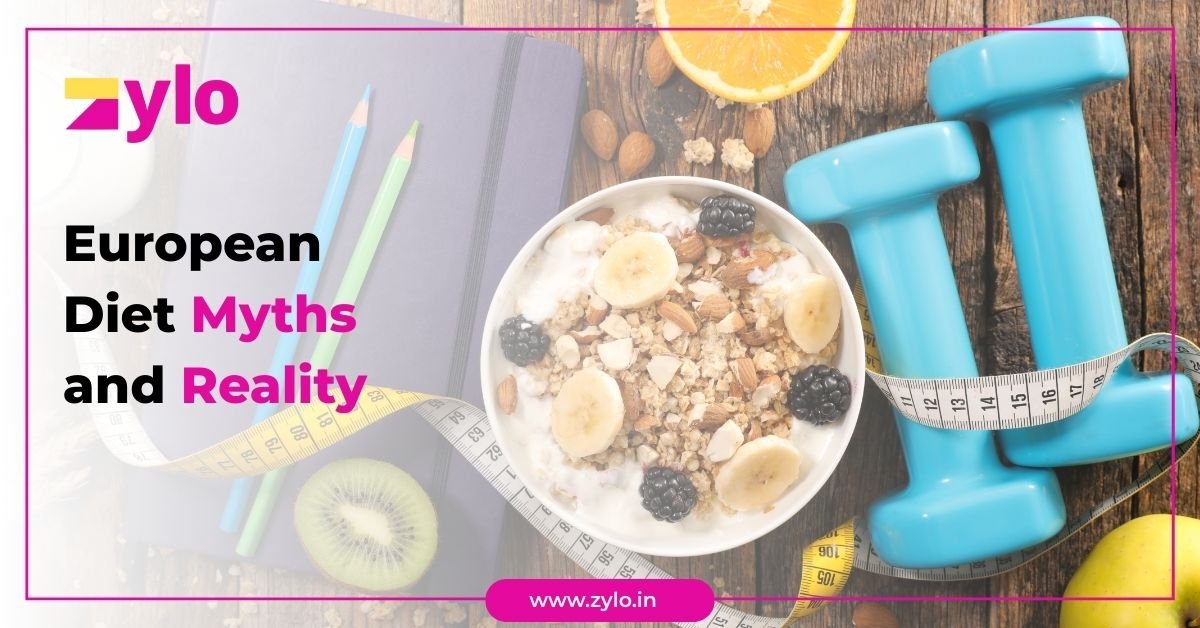When it comes to losing weight, most women turn to diets, workouts, and calorie trackers. While these tools can be helpful, they often ignore a powerful force running behind the scenes—hormones.
Hormones control everything from your appetite and metabolism to where your body stores fat. For women, hormonal imbalances can make weight loss feel like an uphill battle. Understanding how hormones impact your body can unlock a smarter.
We’ll explore how key hormones affect weight loss for women, the signs of imbalance, and what you can do to work with your hormones—not against them.
Why Hormones Matter in Weight Loss for Women
Hormones are chemical messengers produced by glands in your body. They regulate vital functions like energy, hunger, stress, sleep, and reproduction. When even one hormone is out of balance, it can disrupt your entire weight loss process.
Unlike men, women experience hormonal fluctuations during the menstrual cycle, pregnancy, perimenopause, and menopause. These changes affect metabolism, fat storage, cravings, and muscle maintenance—making it essential to approach weight loss with hormone awareness in mind.

Get Fit, Have Fun and Lose Weight at Home
- Certified Female Trainers
- No gym, no equipment needed
- Flexible timings
Key Hormones That Influence Weight Loss in Women
1. Insulin – The Fat Storage Hormone
Insulin is produced by the pancreas and helps regulate blood sugar levels. When you eat sugar or carbs, insulin rises to help your cells absorb glucose for energy.
Problem: Constant high insulin levels (due to sugar, refined carbs, stress, etc.) lead to fat storage, especially around the belly.
Solution:
- Eat balanced meals with protein, fiber, and healthy fats.
- Avoid sugary snacks and refined flours.
- Follow a weight loss diet plan for women that includes complex carbs like oats, quinoa, and brown rice.
2. Cortisol – The Stress Hormone
Cortisol is released by your adrenal glands during stress. It’s essential for survival but becomes harmful when levels remain elevated.
Problem: Chronic stress raises cortisol, which increases appetite, especially for sugary and fatty foods. It also encourages belly fat storage.
Solution:
- Incorporate stress-relieving activities like yoga, meditation, or walking.
- Prioritize 7–8 hours of sleep.
- Avoid over-exercising; too much high-intensity training can spike cortisol.
3. Leptin – The Satiety Hormone
Leptin is released by fat cells and tells your brain when you’re full.
Problem: Women with excess fat may develop leptin resistance, meaning the brain no longer gets the “I’m full” signal—leading to overeating.
Solution:
- Avoid processed foods that disrupt leptin function.
- Get enough quality sleep (leptin levels drop when sleep-deprived).
- Eat slowly and mindfully to recognize satiety cues.
4. Ghrelin – The Hunger Hormone
Ghrelin is secreted in the stomach and signals hunger to the brain.
Problem: High levels of ghrelin make you feel constantly hungry, especially if you’re on a very low-calorie or restrictive diet.
Solution:
- Don’t skip meals.
- Choose high-protein, high-fiber meals that keep you full.
- Avoid extreme calorie deficits in your weight loss plan for women.
5. Estrogen – The Female Hormone
Estrogen plays a key role in reproductive health, bone health, and fat storage.
Problem: Both high and low levels of estrogen can cause fat accumulation, particularly in the hips, thighs, and abdomen. Imbalances are common during menopause and PCOS.
Solution:
- Include estrogen-supportive foods like flaxseeds, soy (in moderation), and leafy greens.
- Engage in strength training to combat fat gain during menopause.
- Consider consulting a doctor for hormone testing and balance strategies.
6. Thyroid Hormones (T3, T4, TSH)
Your thyroid controls metabolism through the release of thyroid hormones. When it’s underactive (hypothyroidism), metabolism slows down significantly.
Problem: An underactive thyroid can cause weight gain, fatigue, and difficulty losing weight even with diet and exercise.
Solution:
- Get thyroid function tested if you’re experiencing unexplained weight gain.
- Eat iodine- and selenium-rich foods (e.g., seaweed, eggs, Brazil nuts).
- Follow a personalized weight loss plan for women that supports thyroid health.
How to Create a Hormone-Friendly Weight Loss Plan
A hormone-conscious approach to weight loss helps your body shed fat in a natural, sustainable way. Here’s how to create a smarter plan:
1. Balance Blood Sugar First
Stable blood sugar means stable energy and fewer cravings.
- Eat every 3–4 hours.
- Include protein with every meal (dal, tofu, chicken, paneer).
- Add fiber from vegetables, fruits, and whole grains.
- Limit sugar, white bread, and soda.
2. Cycle Your Workouts
Over-exercising can raise cortisol and hurt hormone balance.
- Try low-impact workouts like walking, yoga, or Zumba 2–3 days a week.
- Use strength training 2 times a week to boost metabolism and preserve muscle.
- Listen to your body, especially during PMS or low-energy days.
3. Prioritize Sleep and Recovery
Sleep is when your body resets hormones and burns fat.
- Aim for 7–9 hours of sleep.
- Avoid screens 1 hour before bed.
- Use deep breathing or herbal teas to unwind.
4. Eat Healthy Fats
Hormones are made from cholesterol and fats. Low-fat diets can cause hormonal issues.
- Include nuts, seeds, avocado, ghee, and olive oil.
- Avoid trans fats and excessive fried food.
5. Support Your Liver
Your liver metabolizes excess hormones. Keep it functioning well by:
- Drinking warm water with lemon in the morning.
- Avoiding alcohol and processed foods.
- Eating cruciferous veggies like broccoli, cabbage, and cauliflower.
Hormonal Weight Gain Across Life Stages
In Your 20s:
- PCOS is common and may cause irregular periods and weight gain.
- Stress and lifestyle play a big role—manage cortisol and insulin.
In Your 30s:
- Hormonal birth control may affect weight.
- Pregnancy and postpartum periods bring major hormonal shifts.
In Your 40s & Beyond:
- Perimenopause and menopause cause declining estrogen and slower metabolism.
- Focus on strength training and thyroid support in your weight loss plan for women.
Signs Your Hormones Are Affecting Your Weight
- Unexplained weight gain or inability to lose weight.
- Intense sugar cravings or emotional eating.
- Fatigue despite sleeping well.
- Mood swings or irritability.
- Irregular periods.
- Hair thinning or dry skin.
If you have these symptoms, consider working with a healthcare provider to get a hormone panel test.

Get Fit, Have Fun and Lose Weight at Home
- Certified Female Trainers
- No gym, no equipment needed
- Flexible timings
When to Seek Help
Hormonal imbalances aren’t always fixed by diet and exercise alone. If your weight won’t budge despite your best efforts, get professional help.
You may need:
- Thyroid function test.
- Insulin resistance check.
- PCOS or estrogen level testing.
- Nutritionist guidance for a hormone-supportive diet.
Final Thoughts
Losing weight isn’t just about calories in and calories out—it’s about balance. And for women, hormones play a major role in that balance.
The key to effective and lasting weight loss for women is understanding your body, listening to its signals, and creating a lifestyle that supports hormonal health. When your hormones work with you instead of against you, fat loss becomes easier, more natural, and far more sustainable.
Don’t fight your body. Learn its rhythm, honor your hormones, and build a weight loss plan for women that respects who you are—inside and out.



